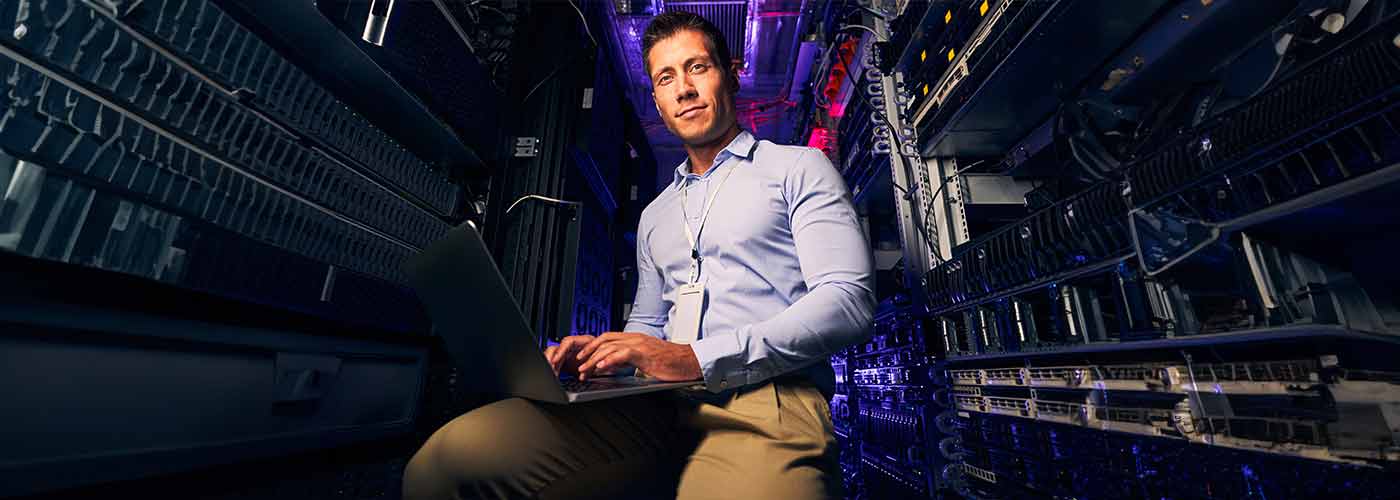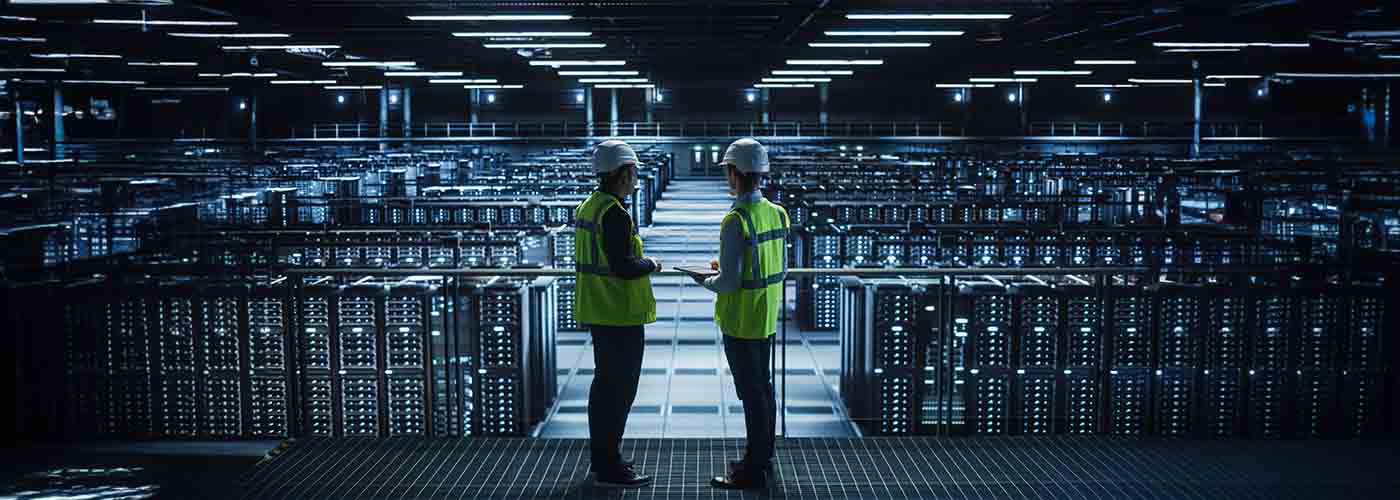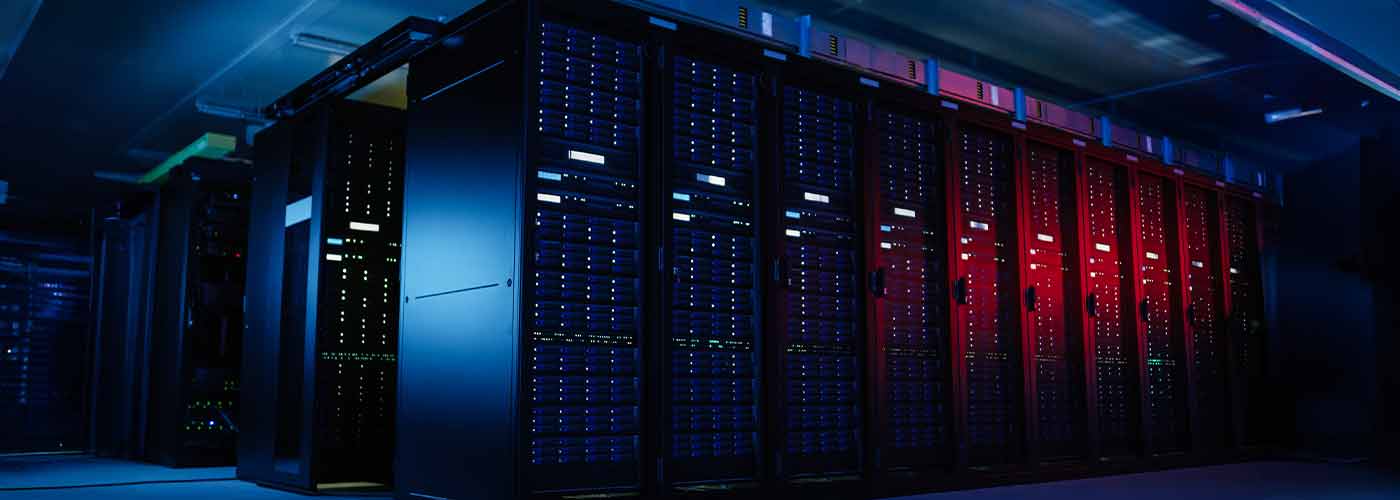Colocation centers have become an essential part of the modern business landscape, offering companies a secure and reliable environment to house their critical IT infrastructure. However, finding the right colocation center can be a daunting task. With numerous options available, it is crucial for businesses to ask the right questions during the selection process in order to ensure they choose a facility that aligns with their specific needs and requirements. We’ll explore some important questions to ask a colocation center.
What Is A Colocation Data Center?
A colocation data center is a facility where businesses can rent space to store their servers, network equipment, and other hardware. Unlike traditional data centers that are owned and operated by individual companies, colocation centers offer a shared infrastructure for multiple organizations. These facilities provide the necessary power, cooling, and physical security to ensure the optimal functioning of the equipment.
Colocation data centers typically have redundant power sources to prevent any downtime due to electrical failures. They also have advanced cooling systems in place to maintain appropriate temperatures for the servers and networking devices.
Additionally, these facilities employ strict security measures such as 24/7 surveillance cameras, biometric access controls, and fire suppression systems to protect valuable data from unauthorized access or natural disasters.
One of the key benefits of using a colocation data center is scalability. These facilities are designed to accommodate businesses of all sizes and can easily adapt to changing needs. With colocation, businesses have the flexibility to start small and expand their infrastructure as their requirements grow.
Colocation data centers offer various options for scaling up, including additional server racks, increased bandwidth capacity, and enhanced storage solutions.
What Are The Different Types Of Colocation Services Do They Provide?
The first question to ask a colocation data center is what exactly are their services, and what do they provide? There are several types of colocation services available in the market today, each catering to specific needs and requirements.
One type of colocation service is the single-server colocation. As the name suggests, this service allows businesses to house a single server within a data center facility. It provides access to top-notch security measures, redundant power supply, cooling systems, and high-speed internet connectivity.
Single-server colocation is ideal for small businesses or startups with limited IT requirements but still need reliable infrastructure support.
Another type of colocation service is the half-rack or full-rack solution. This involves renting a dedicated space within a data center facility that can accommodate either half or full racks of servers. This colocation service is suitable for businesses with a larger IT infrastructure or requires more server space.
With the half-rack or full-rack solution, companies can benefit from the same top-notch security measures and redundant power supply offered by data centers. In addition to the physical space, this type of colocation also provides businesses with greater flexibility in terms of scalability.
What Are The Benefits Of Using A Colocation Center?
Colocation centers offer a range of benefits for businesses of all sizes. Firstly, these centers provide a secure and reliable environment for housing servers and other critical IT infrastructure. With state-of-the-art security measures, including advanced fire suppression systems and multiple layers of access control, businesses can be confident that their data is protected from physical threats such as theft or damage.
Secondly, colocation centers offer high levels of connectivity and network performance. These facilities are typically equipped with redundant power supplies and internet connections to ensure uninterrupted operation. This means that businesses can rely on fast and stable network connections for their mission-critical applications and services.
Lastly, using a colocation center allows businesses to save significant costs on infrastructure investment. Instead of building their own data center facility, which requires substantial upfront capital expenditure, companies can simply rent space within a colocation facility at a fraction of the cost.
Do Colocation Centers Maintain Infrastructure?
One last thing to ask a data center is if they maintain infrastructure. Not all colocation centers maintain their infrastructure at the same level of quality. It is crucial for businesses to carefully evaluate potential colocation partners before making a decision.
One key aspect that distinguishes well-maintained colocation centers from others is their adherence to industry standards and certifications. Centers that prioritize maintaining infrastructure usually comply with rigorous standards such as ISO 27001 for information security management or Uptime Institute Tier Certifications for reliability and availability.
These certifications ensure that the center follows best practices in areas like physical security, cooling systems, power distribution, and disaster recovery plans. In addition to industry standards and certifications, there are several other factors that should be considered when evaluating potential colocation partners. One important aspect is the location of the center.
Choosing a facility that is geographically advantageous for your business needs is essential, considering factors such as proximity to your headquarters or target market. This can help with accessibility in regards to your infrastructure.






阅读更多
Sharktech Announces New Web Hosting and Cloud Industry Alliance
Sharktech and 2
3 月
Think the Cheapest Dedicated Server is A Good Idea? What You Need to Know
Shoul
3 月
Discover How These 8 Cloud Monitoring Tools Can Help You Drive Better Business Performance
When
3 月
Pick the Best Cloud Management Platform with These 5 Pro Tips
Managi
3 月
Thinking About Public to Private Cloud Migration? Here’s the Essentials
The clou
3 月
Why a Cloud Migration Checklist Helps Overcome Migration Challenges
Moving d
3 月